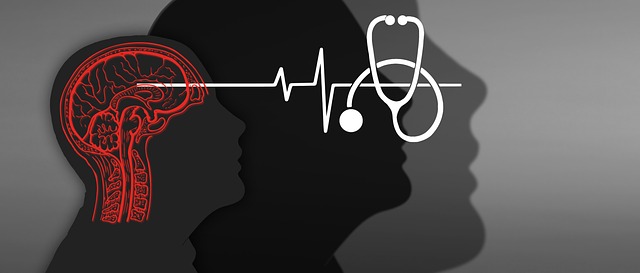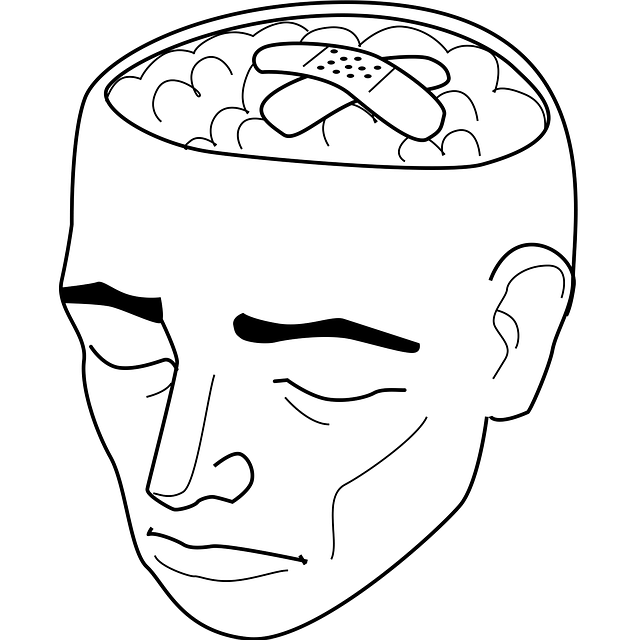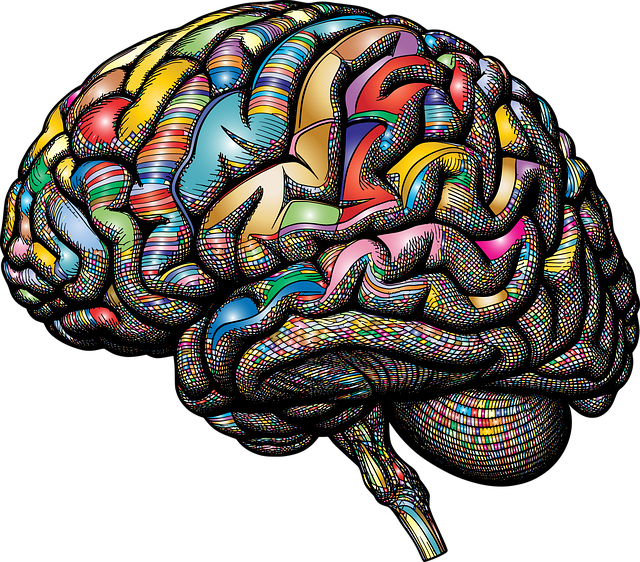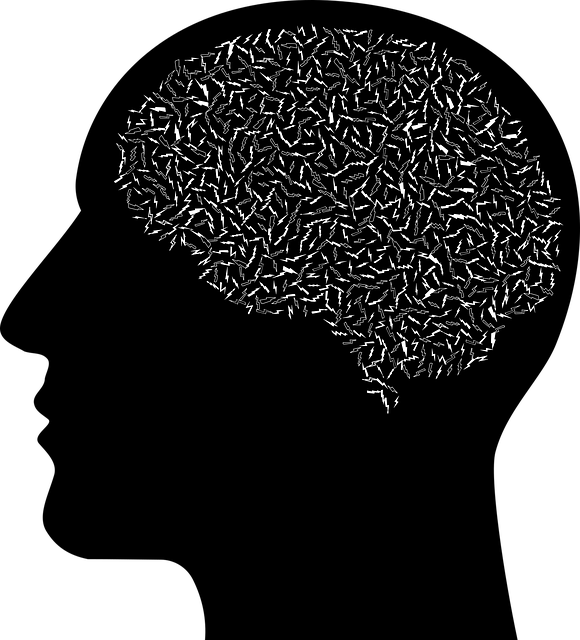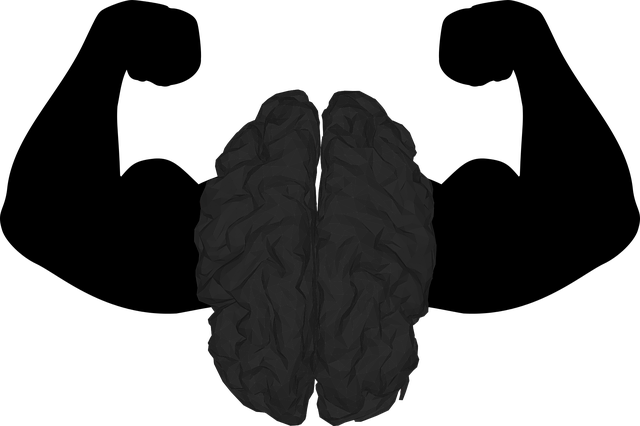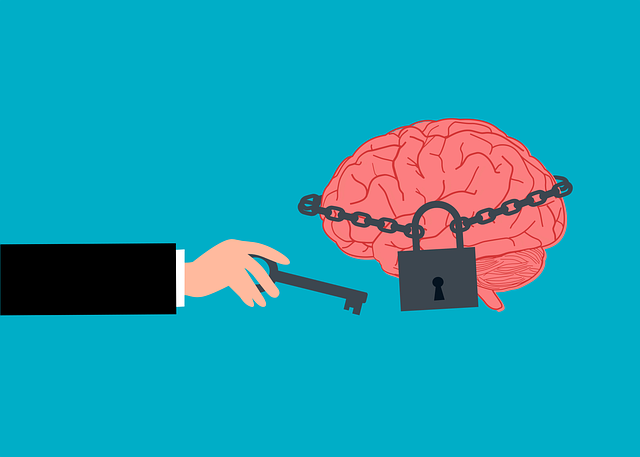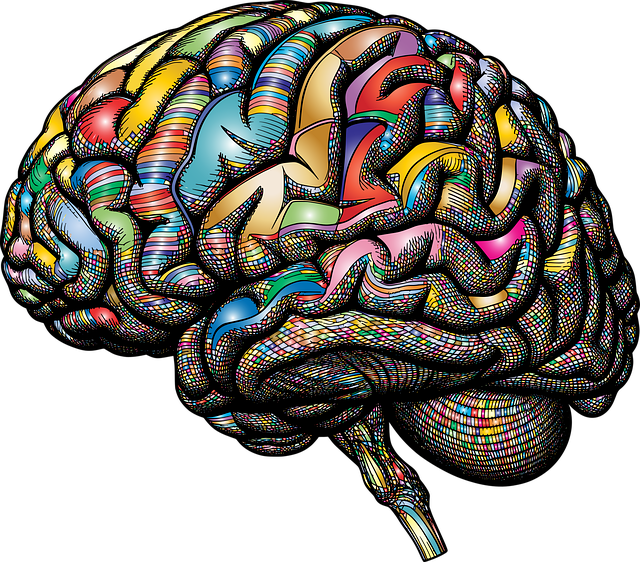Mental wellness programs, including Golden Functional Neurological Disorder Therapy (GFNDT), leverage diverse interventions from counseling to mindfulness for symptom alleviation. Effective design and evaluation hinge on understanding individual needs, as GFNDT demonstrates through neural pathway rewiring. Comprehensive assessment tools like pre-post tests, participant feedback, interviews, and Healthcare Provider Cultural Competency Training ensure tailored care and continuous improvement, enhancing program outcomes. Standardized measures alongside qualitative methods provide a holistic view of GFNDT's impact, combining quantitative data with patient experiences for more insightful evaluations. Future research should integrate advanced neurobiological tools and communication strategies to further refine evaluation techniques for innovative therapies like GFNDT.
Mental wellness programs are gaining prominence, offering innovative approaches like Golden Functional Neurological Disorder Therapy (GFNDT) as tools for holistic healing. Evaluating these programs is crucial to understanding their effectiveness and impact. This article explores various evaluation methods for mental health interventions, shedding light on best practices and future directions. By delving into GFNDT’s unique aspects, we analyze common assessment techniques and emphasize the importance of comprehensive measurement in determining success and maximizing benefits for individuals seeking mental wellness.
- Understanding Mental Wellness Programs and Their Evaluation
- Golden Functional Neurological Disorder Therapy: An Overview
- Common Evaluation Methods for Mental Health Interventions
- Measuring Success and Impact: Best Practices and Future Directions
Understanding Mental Wellness Programs and Their Evaluation

Mental wellness programs are designed to support individuals in managing and improving their mental health and overall well-being. These programs encompass a range of interventions, from counseling and therapy to mindfulness practices and lifestyle changes. Understanding the specific needs and goals of the target population is crucial for effective program design and evaluation. One innovative approach gaining traction is Golden Functional Neurological Disorder Therapy (GFNDT), which focuses on rewire neural pathways to alleviate symptoms associated with various mental health conditions.
Evaluation methods play a pivotal role in assessing the effectiveness and impact of mental wellness programs, such as GFNDT. By employing robust strategies, including pre-post assessments, participant feedback, and qualitative interviews, program developers can gain valuable insights into the emotional healing processes at play. Furthermore, integrating Healthcare Provider Cultural Competency Training ensures that professionals delivering these programs are equipped to address diverse needs, thereby enhancing overall program outcomes. This comprehensive evaluation approach allows for continuous improvement and adaptation, ultimately optimizing mental wellness coaching programs’ development and impact.
Golden Functional Neurological Disorder Therapy: An Overview

Golden Functional Neurological Disorder Therapy (GFNDT) is a revolutionary approach that combines traditional therapy methods with cutting-edge neuroscience research. This holistic treatment aims to address the root causes of mental health issues by focusing on the brain’s functionality and neural pathways. GFNDT recognizes that emotional and cognitive disorders often stem from imbalances in the brain, and seeks to restore optimal functioning through various techniques.
One of its key components is crisis intervention guidance, offering immediate support during intense periods. By teaching individuals effective coping strategies, this therapy empowers them to manage stress and prevent future crises. Additionally, GFNDT emphasizes the importance of self-care routine development for better mental health, encouraging clients to prioritize their emotional well-being through structured daily practices. Through tailored activities and techniques promoting emotional well-being, the program fosters a sense of balance and resilience.
Common Evaluation Methods for Mental Health Interventions

In evaluating mental health interventions, various methods are employed to assess their effectiveness and impact. One prominent approach is the use of standardized measures and questionnaires designed to capture changes in symptoms and functioning. These tools often include validated scales that assess specific aspects of mental wellness, such as depression, anxiety, and trauma symptoms. For instance, the Beck Depression Inventory (BDI) and the Anxiety Scale for Distress (ASD) are commonly used to quantify levels of depression and anxiety relief, respectively.
Additionally, qualitative methods like interviews and focus groups provide deeper insights into participants’ experiences. These methods help uncover subjective improvements in areas such as confidence boosting and trauma support services. Functional Neurological Disorder Therapy (FNDT), for example, often incorporates patient-reported outcomes and qualitative feedback to measure progress. By combining quantitative data from standardized assessments with qualitative perspectives, evaluators can gain a more comprehensive understanding of the intervention’s effects on various dimensions of mental wellness.
Measuring Success and Impact: Best Practices and Future Directions

Measuring Success and Impact represents a crucial step in evaluating any mental wellness program. Best practices involve assessing both subjective and objective outcomes to gain a holistic view of participants’ well-being. This includes quantitative methods, such as standardized questionnaires that gauge changes in symptoms or emotional intelligence, alongside qualitative approaches like individual interviews and group discussions. These diverse techniques allow for a more nuanced understanding of the program’s effectiveness.
Future directions in evaluation should focus on integrating innovative tools, particularly those grounded in neurobiology, to better capture the impact of therapies like Golden Functional Neurological Disorder Therapy. By combining advanced metrics with traditional methods, researchers can gain deeper insights into the mechanisms of change. Furthermore, exploring the role of communication strategies within these programs holds promise for enhancing their reach and sustainability, ultimately contributing to broader mental wellness initiatives.
Evaluating mental wellness programs is essential to ensure their effectiveness, particularly in innovative approaches like Golden Functional Neurological Disorder Therapy. By utilizing a combination of quantitative and qualitative methods, as discussed, professionals can gain valuable insights into the success and impact of these interventions. Future research should continue to explore best practices, ensuring that mental health services are tailored to individual needs and consistently measureable outcomes, ultimately enhancing overall well-being.

